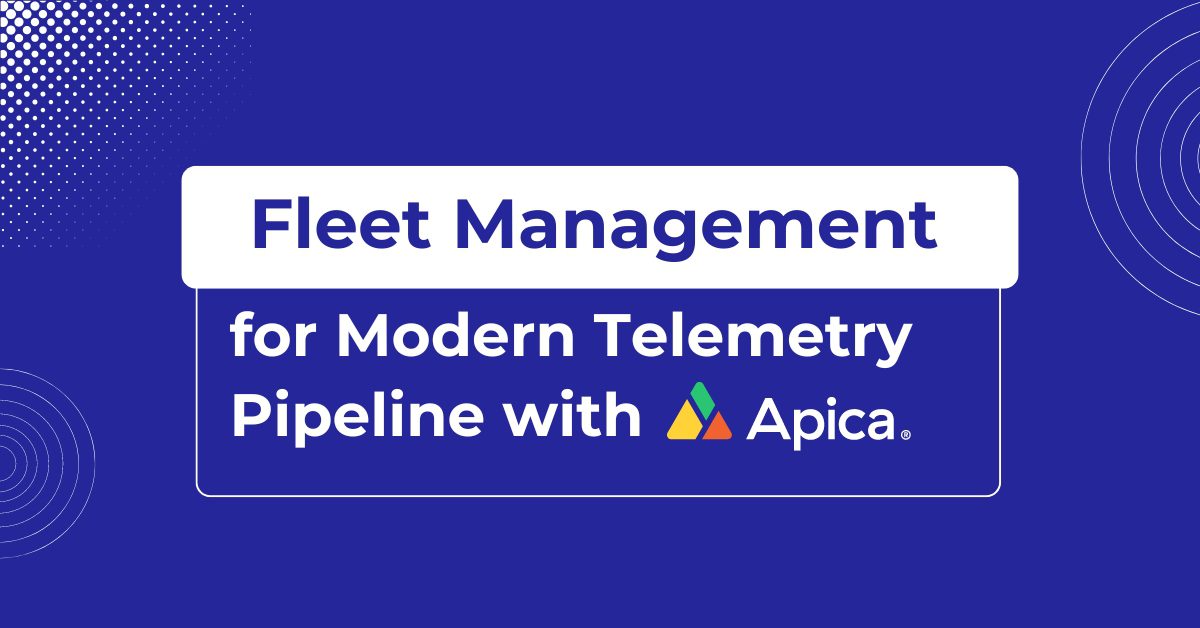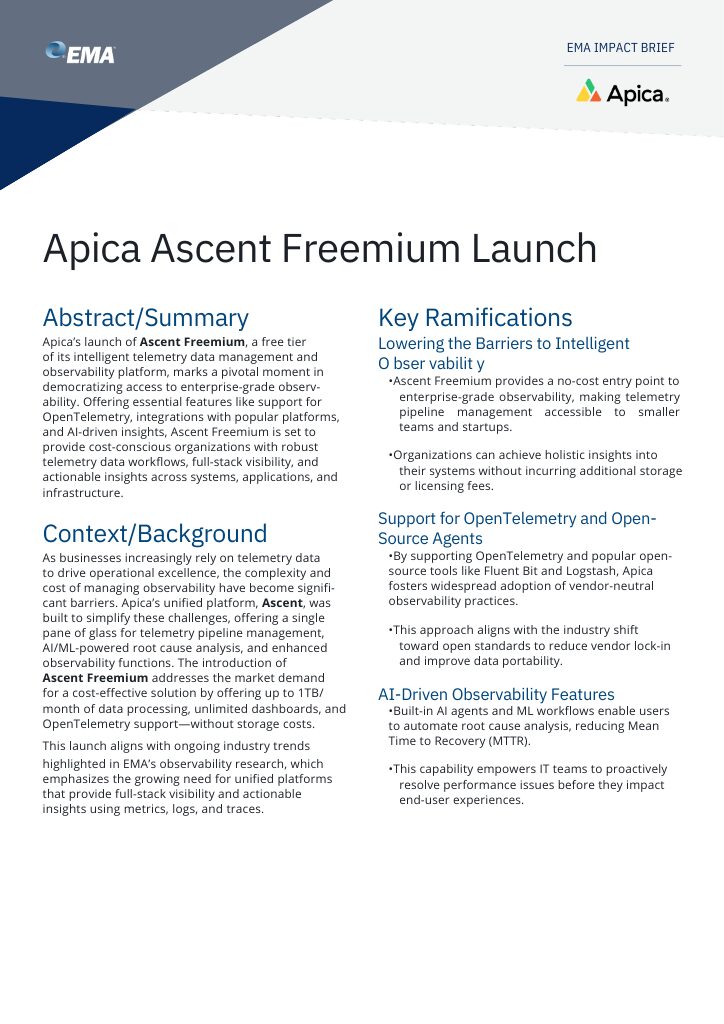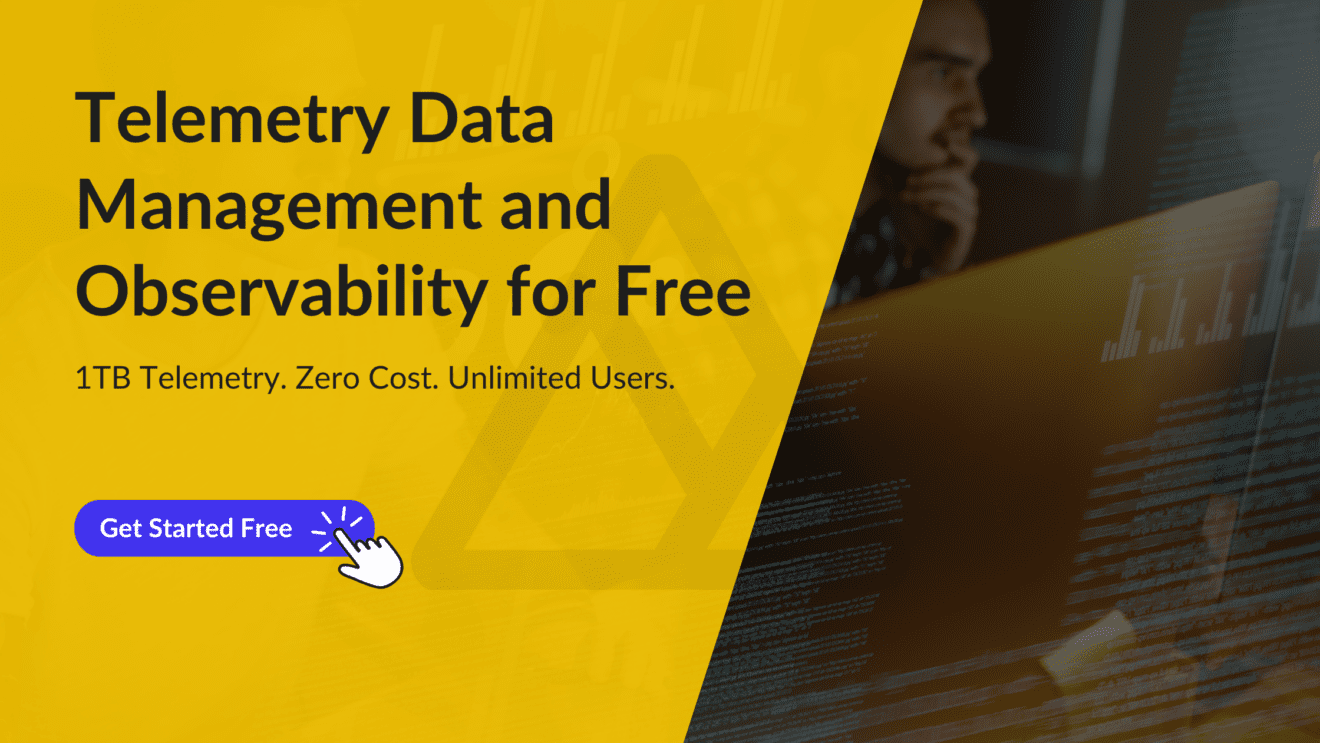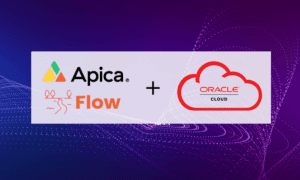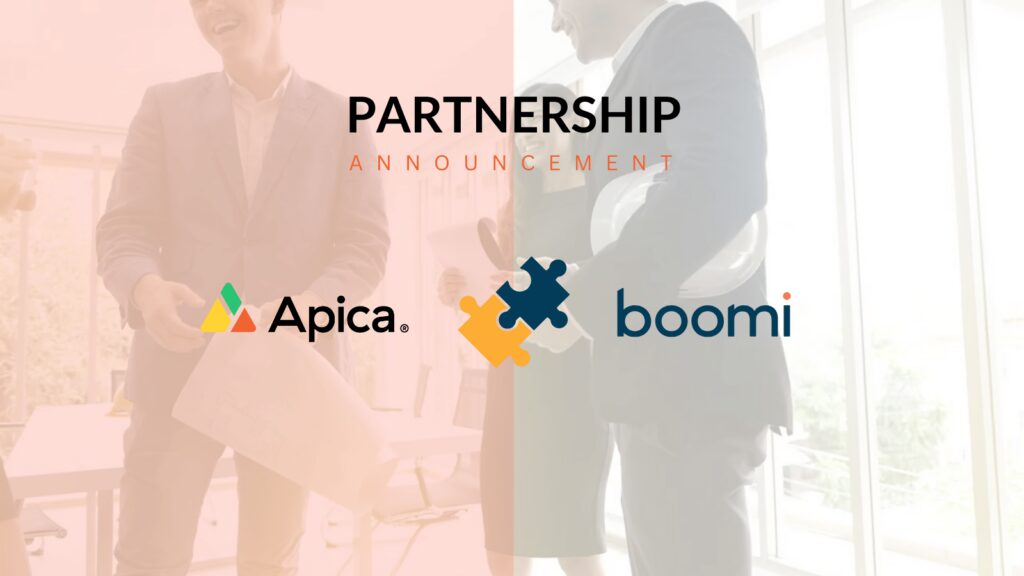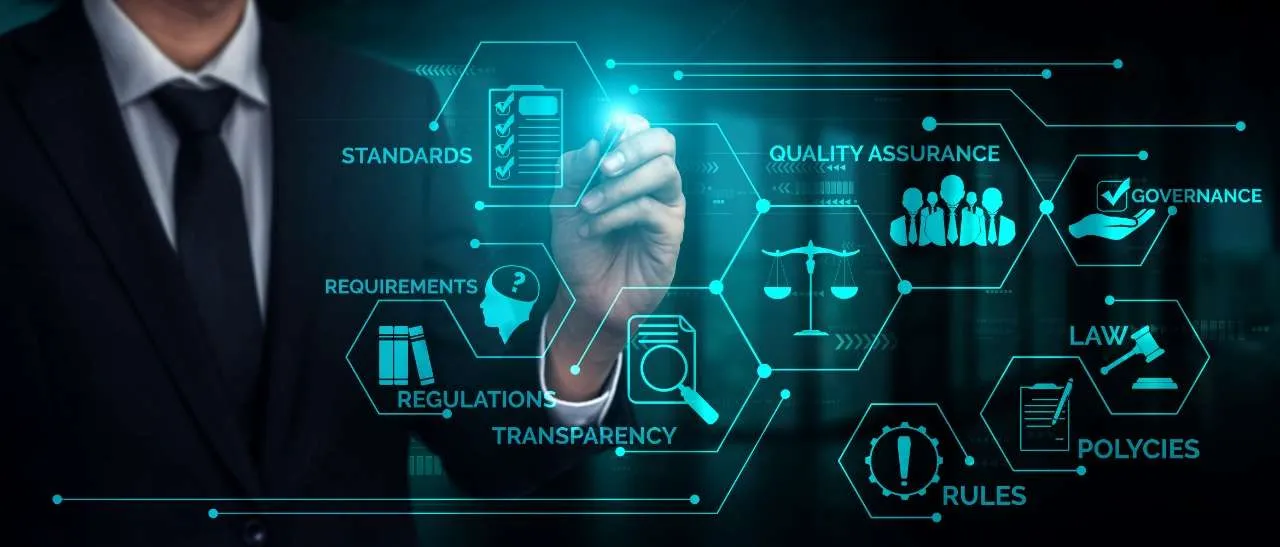Data protection is the need of the hour for anyone and everyone working in the compliance spectrum. The number of information security, privacy regulations, and standards are dizzyingly increasing by the day, and organizations must conform to them all to do business with their target customers.
While it can be difficult and time-consuming to ensure that all the standards are met, you can implement a few strategies that would come in handy for you to work towards meeting all the standards and regulations that you are liable for.
Before we get down to the nuances of why data compliance is relevant and important for the upcoming year, let us unearth the very nature of it.
What is Data Compliance?
Data compliance in the most literal sense is a set of standards and practices to ensure that all sensitive data is protected from loss, theft, corruption, or misuse. It is a set of decorum and mandates that an organization needs to adhere to concerning how their data is organized, managed, and stored.
Businesses spread across a spectrum of industries need to conform to the data compliance standards to keep their customers’ Personally Identifiable Information or PII and their financial documents confidential to keep their sensitive data from falling into the wrong hands.
How Does Data Compliance Work?
The regulations that revolve around data compliance vary across different industries, governments, countries, and even states. However, typically they address these three things in general:
- The type of data that needs to be protected
- The processes that need to be implemented to protect the data
- The penalties that get exercised when an organization is not in conformance with the set processes.
GDPR:
General Data Protection Regulation is a set of standards set forth by the EU law on Data Protection and Privacy in the European Union and European Economic Area. It includes a set of standards developed to give citizens from the EU region more control over their sensitive data.
HIPAA:
The Health Insurance Portability and Accountability Act was passed by the US Congress in 1996. This Act mandates privacy and security standards revolving around the healthcare industry, largely dealing with protecting patients’ medical records and health information.
PCI-DSS
Payment Card Industry – Data Security Standard is a data compliance regulation devised in 2006 to manage payment card security standards and enhance account security throughout the transaction process. It provides organizations with security standards that they must adhere to for processing, storing, and transmitting credit card information.
SOX:
Sarbanes-Oxley Act is a data compliance law that was established to protect shareholders, employees, and the public from corporate fraud. It dwells on the accounting and transparency in processes of companies with the sole intention to improve the accuracy of corporate disclosures.
CCPA:
The California Consumer Privacy Act was established in 2018 to provide the consumers of the Californian landscape more control over the personal information that businesses collect about them. It comprises the privacy rights for California consumers and this includes even their right to know how businesses are utilizing their information and the right to opt-out of the sale of their personal information.
Why Data Compliance is Relevant and Important in 2022?
Data Protection:
With the world becoming increasingly reliant on technology, organizations have started to produce, share and store massive amounts of data every day. With innumerable amounts of data stored daily, organizations must make data protection one of their top priorities.
This way, the Data Compliance standards force and persuade the companies to improvise their data security standards and practices to prevent unnecessary breaches from occurring and having their customers’ sensitive data exposed, stolen, or corrupted. By conforming to the regulations set forth by their respective countries and industries, organizations can ensure that their sensitive data isn’t compromised and be sure that the necessary precautionary measures have been taken to keep the data intact.
Instilling Trust In The Customer:
It takes years to build customer trust and let alone loyalty. A data breach or not complying with data regulations has the most significant impact on deteriorating customer trust and loyalty. In fact, according to an analysis by Varonis, a Data Security and Insider Threat Detecting organization, almost 80% of the consumers will stop dealing with a business that has compromised their data, and almost 52% of consumers are ready to pay the same price for products or services from a competitor brand with better security standards.
When an organization takes extreme care and measures to conform to the data compliance standards, it doesn’t just protect its data in a better way but also appears more trustworthy and credible to its customers. When they know that their data is safe and protected without the question of falling into the wrong hands, they tend to be at peace and continue their business with the said organization.
Being Data Compliant Leads To Huge Cost Savings:
Non-conformance with the compliance regulations as set by the industry and the government can end up costing the business in its entirety. Organizations would have to bear a hefty fine if they are caught for not being data compliant. Furthermore, businesses that don’t have a set of data compliance standards are more susceptible to breaches, which can also prove to be an extremely costly affair for the company.
As a matter of fact, according to a study by IBM in collaboration with Ponemon Institute, the average cost of a data breach amounts to a whopping $3.86 Million with the customers’ PII being the most expensive type of data to lose. Large multinational conglomerates may be able to afford and withstand a multi-million dollar data breach, however, smaller organizations would find it difficult to rise from such a blow.
Meeting data regulation and compliance standards is indeed a mandatory requirement that every company, irrespective of its industry, needs to adhere to. And in case you find it difficult to understand and conform to all the specific security requirements, you can always get in touch with apica.io to get personalized security insights for your data. It makes sure that no new attack techniques will catch you off guard. Furthermore, on top of analyzing and detecting threat patterns from multiple sources, it also automates threat prevention and remediation.
Want to keep all your data intact whilst conforming to the regulations and compliance norms set by your industry? Get in touch with us today!

